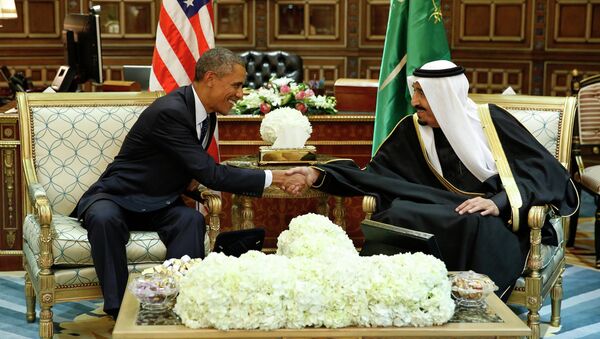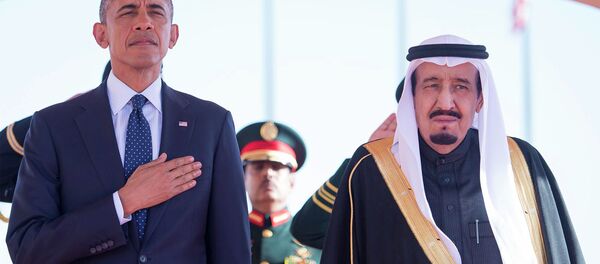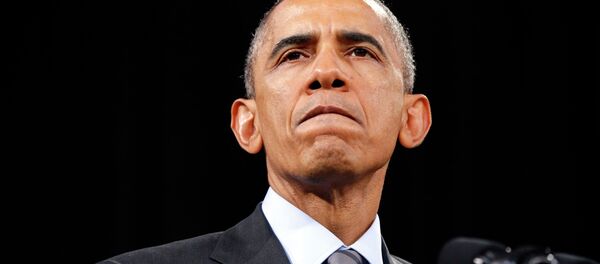“I think what the President [Obama] would say is that it is not simply a matter of the United States telling other countries what they should do,” Rhodes said when asked if the issue of human rights violations would be raised at the top-level meeting.
Rhodes added that it is obvious that “different countries” are in “very different places” in terms of their embrace of human rights and freedoms.
“What we would say to all of our partners around the world is that we fundamentally believe in a set of values to include equality for women and religious freedom and tolerance…It is frankly a fact that societies are more successful when they respect those types of universal values,” Rhodes underscored.
Human rights violations in Saudi Arabia is a frequent concern of the media and human rights activists. In January, the founder of the Monitor of Human Rights group Abu al-Khair received a five-year extension to his ten-year prison sentence for insulting the Saudi judicial system and harming the kingdom’s reputation. His brother-in-law Raif Bawadi, a Saudi atheist and rights blogger, has been sentenced to 1,000 lashes for cybercrime.





